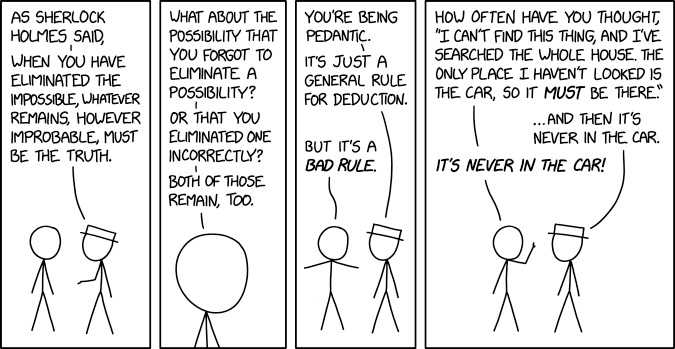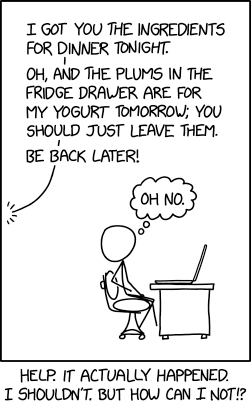BooksFinished (last week) Ursula Whitcher's
North Continent Ribbon. As everyone said, it really is very good (and, moreover, I really liked it.) What impressed me the most was the structure: I was expecting a collection of short stories linked by theme and setting. I hadn't known the order of the stories and their timeline would amount to a novel in itself.
Finished (last week)
Asterix and the Golden Sickle and didn't really... get it. I don't think I know anyone who read the Asterix books and didn't love them, but I feel like I'm missing something.
Maybe it's that the literary conventions of comics have moved on over the decades, to the extent that the level of exposition makes me feel like a modern science fiction reader reading pulp SF from the 1930s, or a modern TV viewer grappling with the stage conventions of Elizabethan or even ancient Greek theatre. As in: oh, you're explaining that again, alright. Oh, you're explaining that too? Okay.
Unfortunately I'm also unfamiliar with the history, societies, and cultures of Gaul in 50 BCE, so I'm probably missing most of the charm, to say nothing of the Easter eggs.
Read (this week)
Balancing Stone by Victoria Goddard, and it was okay. I have now read all of the Greenwing & Dart books currently available, and have a clearer idea of what's happened yet in that part of the Nine Worlds, which is useful for fandom purposes. But I don't really like G&D. It's not
for me. But I like some of its fans.
Finished (this week) KC Davis'
How To Keep House While Drowning. Mainly a mixture of things that wouldn't work for me but which I could see working for someone else; concepts and skills that
do work for me that I'd already learned but could have been absolutely vital if I hadn't learned them yet; and a few nuggets I didn't know as well as plenty that I knew but for which I could use a refresher or some reinforcement.
Reading Sarah Kurchak's
I Overcame My Autism And All I Got Was This Lousy Anxiety Disorder on audiobook. I forget who recommended it (Rydra?) but I'm surprised at just how much I'm relating.
FandomReceived this lovely, meditative story by
![[archiveofourown.org profile]](https://p2.dreamwidth.org/b164c54b26e4/-/archiveofourown.org/favicon.ico) justjourneys
justjourneys for Fanoa'ary:
Love Beyond Definition.
I wrote
Charting a Course for
![[archiveofourown.org profile]](https://p2.dreamwidth.org/b164c54b26e4/-/archiveofourown.org/favicon.ico) Crackfoxx
Crackfoxx, on the prompt "I want the version of Kip being Fitzroy's wingman that includes the joy and the spreadsheets. Let me be very very clear. This expression of love must actually include spreadsheets.", went nearly entirely for rule of funny over characterisation or plausibility, and had way too much fun with the CSS and HTML.
Side note: who here knew what AO3's HTML parser does if you didn't close a <strike> tag?
...Bad, isn't it? (If you guessed "Everything from the open tag down to the end of the chapter is struck through", you're... well, you're not
wrong, but you are underestimating the scope of the problem.)
LinksGardenStill alive, producing about a handful a week of tiny ripe cherry tomatoes.
CatsAre a serious threat to the local plastic mouse from KMart population. Are also very good alarm cats when it's time to wake up in the morning and I don' wanna, very alarming.



